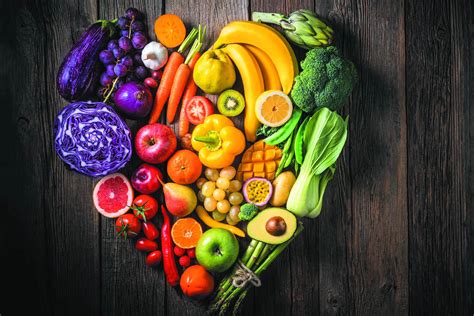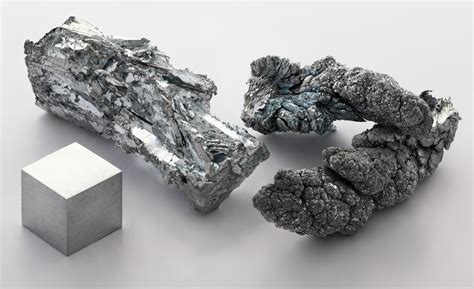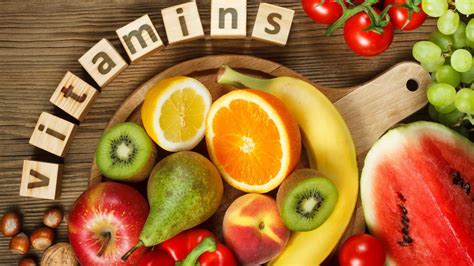Optimize male hormones: which foods naturally support testosterone?

Understanding Testosterone’s Vital Role
Testosterone, the primary male sex hormone, plays a critical role far beyond libido and muscle mass. It influences energy levels, mood, bone density, red blood cell production, and even cognitive function. As men age, testosterone levels naturally decline, often leading to symptoms like fatigue, decreased muscle mass, reduced sex drive, and mood changes. While various factors contribute to this decline, diet is a powerful and often overlooked tool that can significantly impact hormonal balance.
Fortunately, specific foods are packed with nutrients essential for testosterone production and maintenance. Integrating these into your daily diet can be a natural, effective way to support healthy testosterone levels.

The Cornerstone Nutrients for Testosterone Production
Optimizing testosterone isn’t about eating one ‘miracle’ food but rather adopting a holistic approach that ensures an adequate intake of key vitamins, minerals, and macronutrients. Here are the essential categories and the foods that deliver them:
1. Healthy Fats: The Building Blocks
Contrary to popular belief, dietary fat is crucial for hormone production, including testosterone. Cholesterol, derived from fats, is a precursor to steroid hormones. Focus on monounsaturated and polyunsaturated fats, and don’t shy away from saturated fats in moderation.
- Avocados: Rich in monounsaturated fats, vitamin B6, and zinc, all vital for testosterone.
- Olive Oil: Extra virgin olive oil has been shown to improve luteinizing hormone (LH), which stimulates testosterone production.
- Nuts and Seeds: Almonds, walnuts, chia seeds, and flaxseeds provide healthy fats, magnesium, and zinc.
- Fatty Fish: Salmon, mackerel, and tuna are excellent sources of Omega-3 fatty acids, which reduce inflammation and support overall endocrine function.
2. Zinc-Rich Foods: The Testosterone Mineral
Zinc is perhaps the most important mineral for testosterone synthesis. A deficiency can lead to a significant drop in testosterone levels.
- Oysters: Arguably the best dietary source of zinc, making them a top testosterone-supporting food.
- Red Meat: Beef and lamb provide not only zinc but also iron and protein, essential for overall health.
- Pumpkin Seeds: A good plant-based source of zinc, along with magnesium and healthy fats.
- Legumes: Chickpeas, lentils, and beans offer zinc, fiber, and protein.

3. Vitamin D Sources: The Hormone-Like Vitamin
Often referred to as the ‘sunshine vitamin,’ Vitamin D actually functions as a steroid hormone in the body. Research consistently links adequate Vitamin D levels with higher testosterone.
- Fatty Fish: Salmon, cod liver oil, and sardines are excellent natural sources.
- Egg Yolks: Contain Vitamin D along with healthy fats and protein.
- Fortified Foods: Milk, orange juice, and cereals often have added Vitamin D.
4. Magnesium-Rich Foods: Enhancing Free Testosterone
Magnesium plays a role in hundreds of bodily functions, including boosting free (bioavailable) testosterone by reducing its binding to Sex Hormone Binding Globulin (SHBG).
- Leafy Green Vegetables: Spinach, kale, and Swiss chard are packed with magnesium.
- Nuts and Seeds: Almonds, cashews, and pumpkin seeds are great sources.
- Dark Chocolate: A delicious way to get magnesium (choose varieties with high cacao content).

5. Cruciferous Vegetables: Estrogen Balance
While not directly boosting testosterone, these vegetables help maintain a healthy testosterone-to-estrogen balance by supporting estrogen detoxification.
- Broccoli, Cauliflower, Brussels Sprouts: Contain indole-3-carbinol (I3C), which helps the body metabolize estrogen more effectively.
6. Antioxidant-Rich Foods: Protecting Hormone Production
Oxidative stress can negatively impact Leydig cells, which produce testosterone. Antioxidants help protect these cells.
- Berries: Blueberries, raspberries, and strawberries are loaded with antioxidants.
- Garlic: Contains allicin, a compound that may help lower cortisol (stress hormone), indirectly supporting testosterone.
- Pomegranates: Rich in antioxidants and can positively impact cardiovascular health and potentially testosterone.

Beyond the Plate: Lifestyle Considerations
While food is foundational, remember that diet is just one piece of the puzzle. For optimal male hormone health, consider these additional lifestyle factors:
- Regular Exercise: Especially strength training and high-intensity interval training (HIIT).
- Adequate Sleep: Aim for 7-9 hours per night; poor sleep significantly lowers testosterone.
- Stress Management: Chronic stress elevates cortisol, which can suppress testosterone.
- Limit Alcohol and Processed Foods: These can negatively impact liver function and hormonal balance.
Conclusion: A Holistic Approach to Hormonal Health
Optimizing male hormones naturally is a journey that begins in the kitchen. By consciously incorporating foods rich in healthy fats, zinc, Vitamin D, magnesium, and antioxidants, and by including cruciferous vegetables, you can provide your body with the essential building blocks and support systems for healthy testosterone production. Combine these dietary strategies with smart lifestyle choices, and you’ll be well on your way to supporting your hormonal health and overall vitality.









